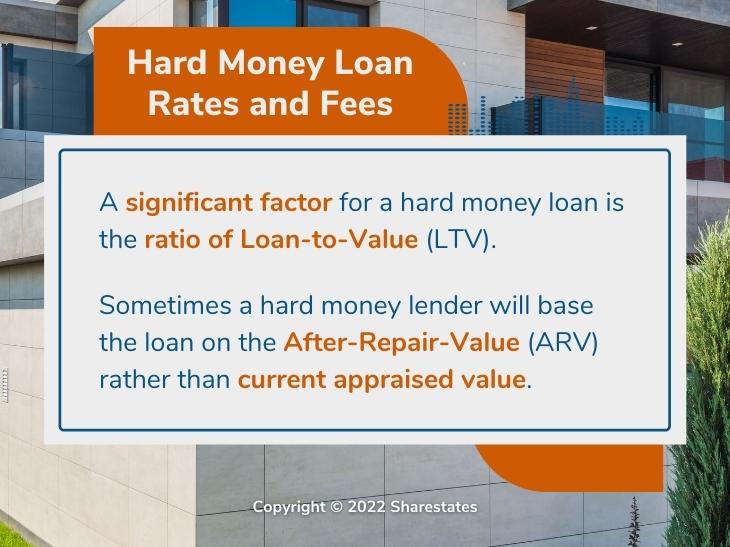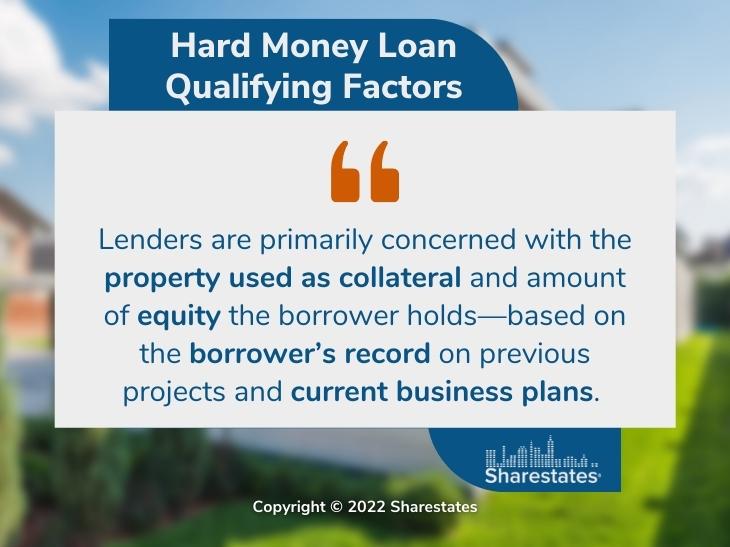What is a hard money loan, and how can it be used for funding real estate development? This article covers everything you need to know, from definitions to uses and rates to fees. Plus, it further covers the pros and cons you should consider for any hard money loans.
What Is a Hard Money Loan?
A hard money loan is a high-risk, high-yield financing option. This type of loan is typically short-term with high-interest rates. It is also secured with real estate property as collateral rather than the borrower’s creditworthiness. It is also known as a short-term bridge loan.
Hard money loans are issued by private lenders instead of banks or credit unions. This means they can take on more risk than traditional lenders in exchange for a higher interest rate and fees. Private lenders will underwrite loans for borrowers that often have no other financing options.

Hard Money Loan Uses
There are quite a few uses for the features inherent in hard money loans.
- Purchasing Investment Rental Property. These loans are used by those who cannot qualify for traditional financing. It could be due to unfavorable credit history or needing a higher loan value than a bank can finance.
- Fixing and Flipping a House. A hard money loan may be ideal for the short-term nature of purchasing a property, fixing it, and then selling. Hard money loans offer faster financing, which is perfect for this type of project.
- Financing Commercial Property. When investors can’t secure traditional financing, hard money loans come into the picture. That might be because of the need for a quick purchase or if the property itself doesn’t qualify for traditional financing options.
Hard Money Loan Qualifying Factors
As noted earlier, hard money loans are ideal for those who don’t qualify for traditional loans or mortgages. Hard money lenders are primarily concerned with the property that will be used as collateral and the amount of equity the borrower holds.
The lender will also closely examine the borrower’s ability to pay the interest on the loan. That evaluation will come from the borrower’s record on previous projects and their current business plans. You’ll find more information in our Guide to Private Real Estate Loans.
Hard Money Loan Rates and Fees
The higher risk associated with hard money loans means higher interest rates. Those rates typically fall between 7% and 15%. But they can often be higher depending on the complete picture of the loan. Fees can range up to 5 or 6 points.
A significant factor for a hard money loan is the ratio of Loan-to-Value (LTV). This is the ratio of the loan amount divided by the property’s appraised value. The LTV is usually lower than 80% of the property’s value for a hard money loan. That also means that the borrower will need to provide a hefty down payment to make up the difference in the property’s total purchase price.
Sometimes a hard money lender will base the loan on the After-Repair-Value (ARV) rather than on the property’s current appraised value. The ARV estimates the property’s value after the repairs are completed. This estimate speculates on the market conditions at the eventual time of sale and relies on the successful, timely completion of the repairs. All that, of course, increases the lender’s risk and raises the interest rate. But it can also be a great help to the borrower in funding their full fix and flip project.
A typical hard money loan term is often less than 12 months but can extend up to three years. There can also be a prepayment penalty if the loan is paid off before the full term. Given this range of variables, it’s imperative to closely examine the loan agreement’s terms and conditions before signing.

Hard Money Loans Pros and Cons
That’s a lot of ground covered on hard money loans. Here’s a quick summary of the pros and cons to consider.
Pros of Hard Money Loans
- Funding is available quickly, typically within two days.
- Financial disclosures and credit checks are often not required.
- Available to borrowers with poor credit histories.
Cons of Hard Money Loans
- Higher interest rates to offset the additional risk.
- Higher loan fees.
- Higher down payments.
- Shorter loan terms.
Hard money loans have their advantages and disadvantages. For some projects, they can be precisely the source of financing needed. For others, there may be better approaches.
We hope this review has helped provide insight into hard money loans. To learn more about getting funding for your business through Sharestates, click here.



